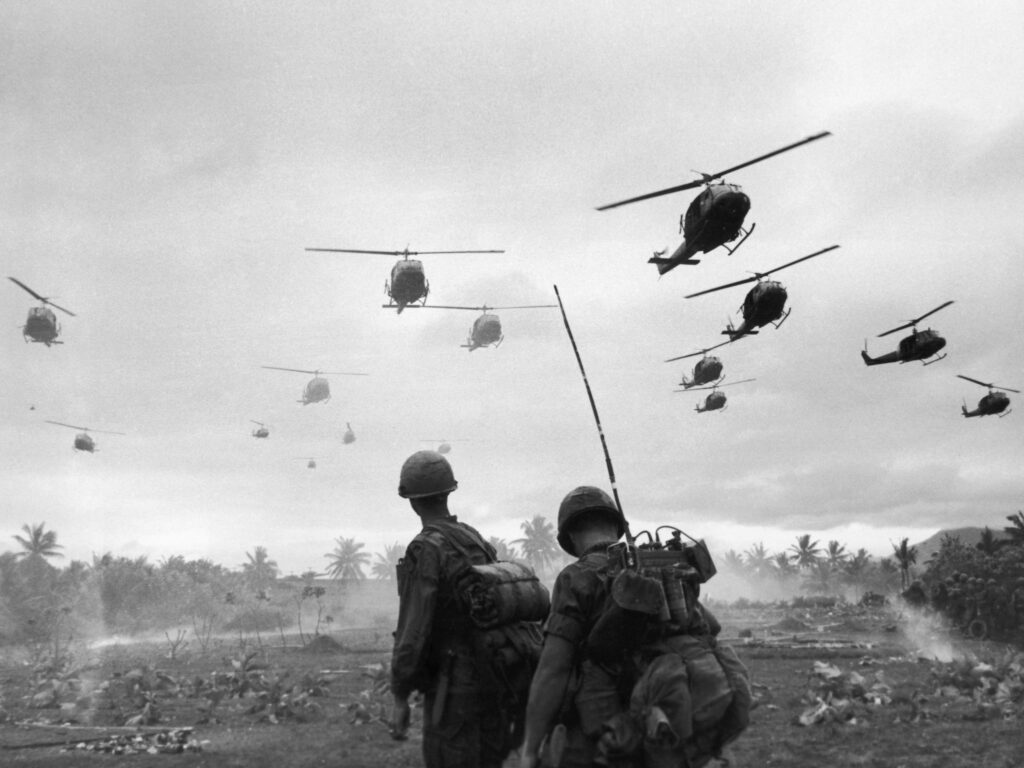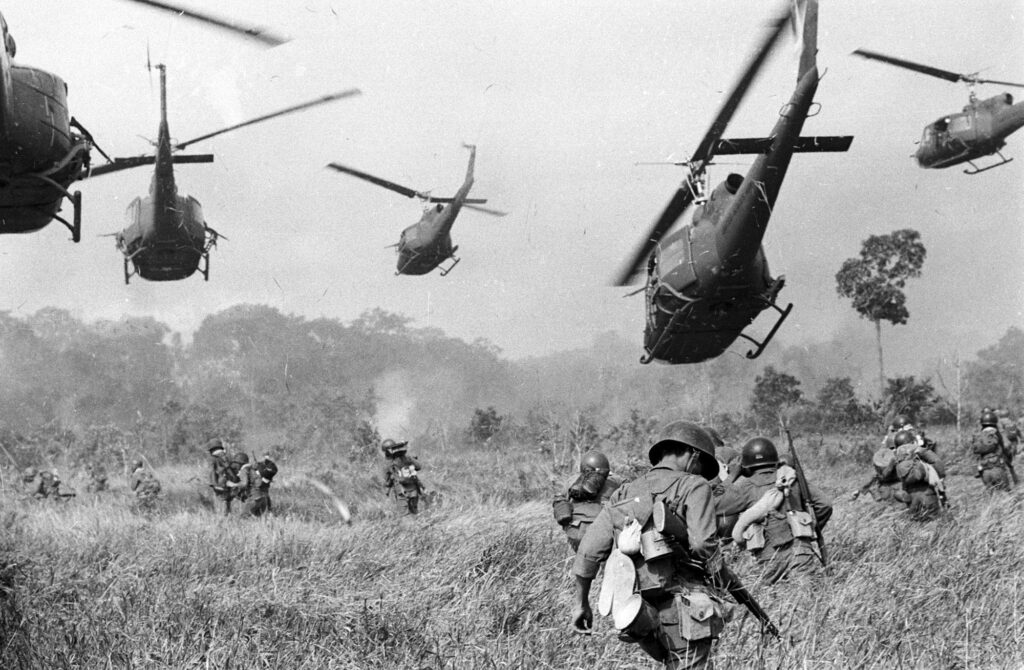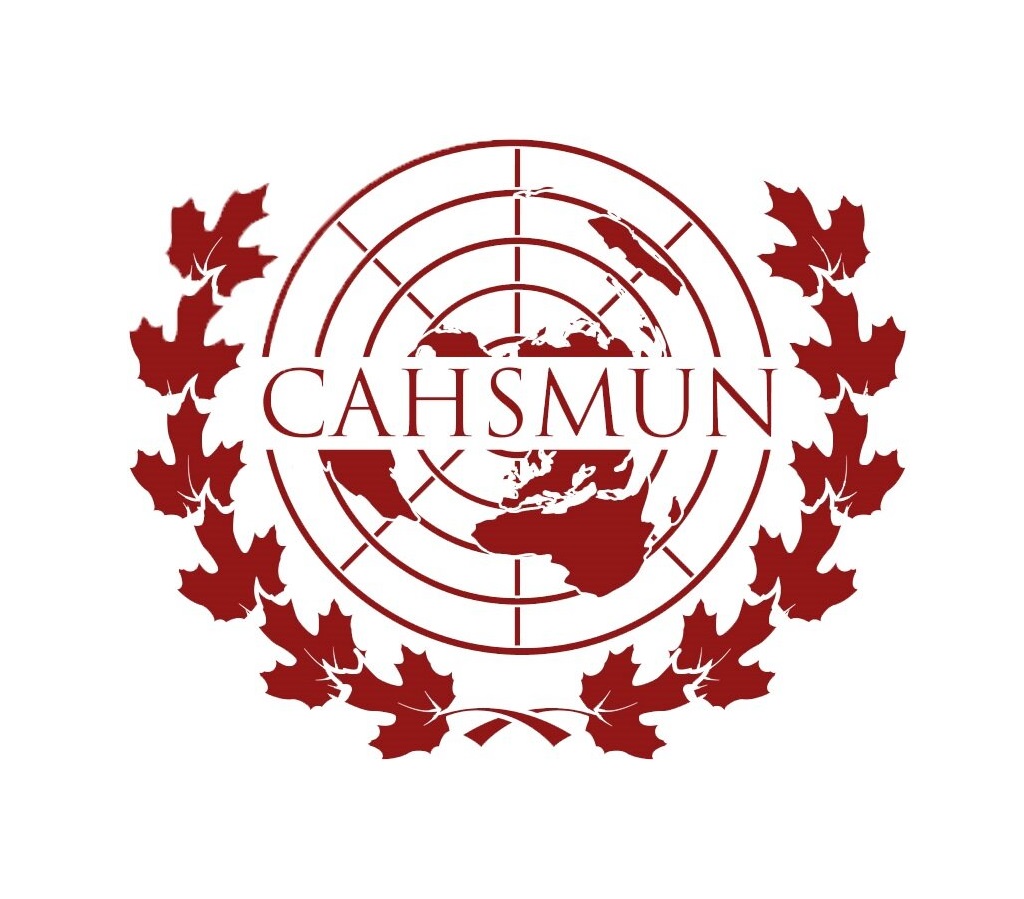WITH THE RISING TENSIONS in Southeast Asia, the United States is inexorably pulled closer, and the indiscriminate military assault raised the stakes even higher. President Lyndon B. Johnson, with the growing weight of military advisers on his shoulders, is provoked to be more extreme, motivated by hope that a sensational military victory will secure American supremacy in the area for the next generation. So much hangs in the balance, not just for the peoples directly involved, but for the balance of power throughout the globe. Both have stepped up their propaganda, each one of them attempting to shape world public opinion and rally local cooperation with the aim of acquiring for itself the leading position.

With these bloody days, the deployment of chemical weapons by the American forces, like the notorious Agent Orange and napalm, has raised serious concern in and outside America. Agent Orange, originally utilized to defoliate Vietnam’s heavy forests to uncover enemy sanctuaries, has permanently harmed the environment and infected large numbers of civilians with medical conditions. Napalm, utilized against civilian citizens, has disfigured terribly and killed, and outraged the world. Usage of these weapons of mass destruction has resulted in global condemnation against the United States government, and increasingly people are questioning and inquiring about the strategy utilized within the area. These actions, taken as a step toward gaining immediate control, have led to nothing but denunciation and more contempt for Americans, victory showing an increasingly cavalier course to emulate.
Aside from the fighting, the Ho Chi Minh Trail is a powerful symbol of the war. The vital supply line between North Vietnam and the South has been used as a rallying cry against adversity. Despite relentless American bombing sorties to sever it, the road has remained open, acting as a lifeline for the North Vietnamese Army. The fact that it has survived at all is a testament to the determination of the North Vietnamese to expel foreign intervention at all costs. The highway, initially only a logistical tool, has since become a symbol of will and defiance, unyielding to external pressure. Its role in the war’s management cannot be overstated, and its survival in the face of a deliberate attempt to eradicate it must only serve to reinforce the symbolic. Amidst the devastation that is happening during the war, a political revolution is rocking the United States. President Lyndon B. Johnson, whose presidency was already besieged by increasing domestic and worldwide outrage, is said to be overthrown in a military coup by upper-level brass generals frustrated with the war effort. It had been rumored that assassination was planned against Johnson. America now has a stunned government and an unprecedented void of power at a time when there is maximal instability. And even while Johnson and Ho Chi Minh’s own destinies are as unclear as ever, something has entered the crisis with an aura which has more than in its meaning the abandonment of the war in Vietnam but even of American political stability.

Meanwhile, as such world-shattering events unfold, the world holds its breath in expectation. What has become a domestic concern today has taken on an international dimension, balances evenly weighted between choices in this polarized field. The destiny of two nations, and indeed the very contours of world geopolitics, now hangs in the balance of what choices are taken on this crisis. The course of the war, and the future of the U.S. government, will indirectly decide the world order of the next few decades, rewriting history still to be fully revealed.

I really enjoyed reading this article, although it was not socialist enough and was as positive towards North Vietnam as I would like.
– Pham Van Dong – Prime Minister of North Vietnam